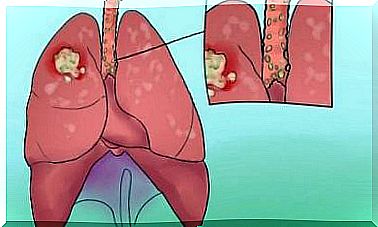Eggs – How Many Can You Eat Per Week?
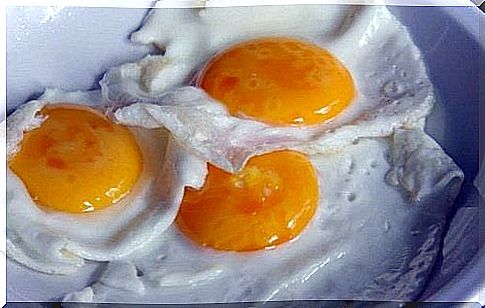
Eggs – Is Eating Them Safe For Your Health? How many pieces can you eat per week? Can you eat eggs every day? Weekly? In this article, we will try to answer most of the common questions and concerns about eggs.
Despite the fact that they are a natural product, nutritious and healthy, we must learn to eat. It is about a way that allows us to use all their properties that are valuable to our health.
Organic eggs
The conditions under which chickens live and are fed are really terrible today, which directly affects the quality of the eggs we buy.
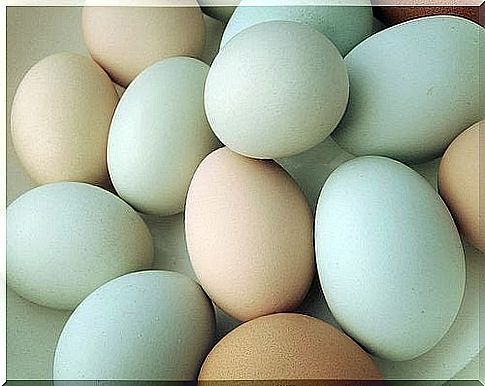
Therefore, we recommend choosing eggs from organic or free-range farms. Pay attention to whether they are properly marked. Thanks to this, we can be sure that the eggs we buy come from hens kept in healthier conditions.
So how many eggs can we eat?
Not all people should eat the same number of eggs, but it can be generally stated that three to five eggs a week are recommended.
- For example, a person who eats little meat or fish may eat more eggs to supply the body with the necessary amounts of protein.
- A person doing a lot of vigorous exercise may consume more eggs due to their high protein content.
- Overweight people should limit the number of yolks eaten as it is the part of the egg with the highest fat content.
Nutritional value
- Eggs have a high nutritional value.
- They are extremely rich in high-quality biological protein, which means that they contain all the essential amino acids required by our body.
- Eggs also contain all B vitamins (B1, B3, B12, folic acid, biotin) and vitamins A, E and D.
- They also contain valuable minerals such as magnesium, potassium, selenium, zinc, phosphorus and iron.
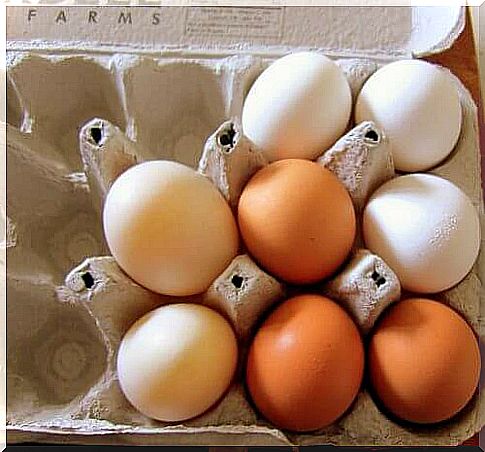
- Most of the ingredients mentioned are found primarily in the egg yolk, while the egg white contains, as you’d expect from its name, mainly protein.
- Finally, it should be mentioned that eggs are a highly alkaline food product, which is a very positive feature due to the generally acidic reaction of our organisms. But on the other hand, this advantage is lost in the process of frying the egg or serving it sweet.
How to cook eggs?
Egg in the kitchen offer a lot of possibilities. We can prepare them, among others, in the following way:
- Hard – boiled : we recommend that you boil the eggs for a while and then leave them in hot water to avoid the yolk gray and the characteristic smell of sulfur.
- Fried : Always fry the eggs in olive oil or coconut oil (extra cold pressed).
- Soft.
- Omelette or Spanish tortilla : with potatoes, zucchini, eggplant, spinach, etc.
- Scrambled eggs : with mushrooms, garlic, etc.
In addition, eggs can be used as an ingredient in cookies, desserts and sweets, savory biscuits, etc. When estimating the number of eggs eaten, we must also take these dishes into account.
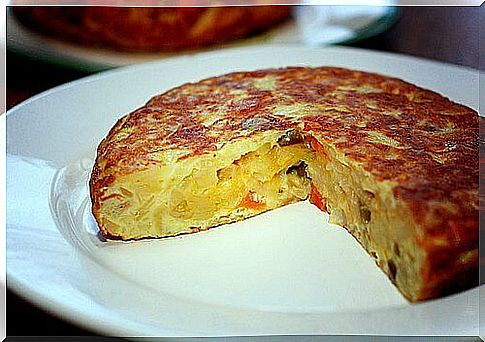
Finally, we can also grate hard-boiled eggs and add them to salads or other cold dishes. You can also serve them with mayonnaise, tuna, prawns, etc.
Fun facts about eggs
- Egg yolks are one of the few foods that contain vitamin D, which is essential for the effective absorption of calcium, and can also be obtained by sunbathing.
- Eggs contain nutrients to help prevent eye problems, especially cataracts and macular degeneration.
- Thanks to their selenium and zinc content, eggs also play a role as an appearance enhancer, as they contribute to faster regeneration of skin tissue, hair and nails.
- In some countries, eggs have a numerical code applied to the shell, thanks to which we can obtain information on how to breed hens. In Poland, for example, the first digit of the number on the egg is responsible for this.
- If it is 0, then we are dealing with an organic egg, and as the value increases, we deal with deterioration of the breeding conditions. The number 3 represents eggs obtained industrially – and therefore the least healthy.







